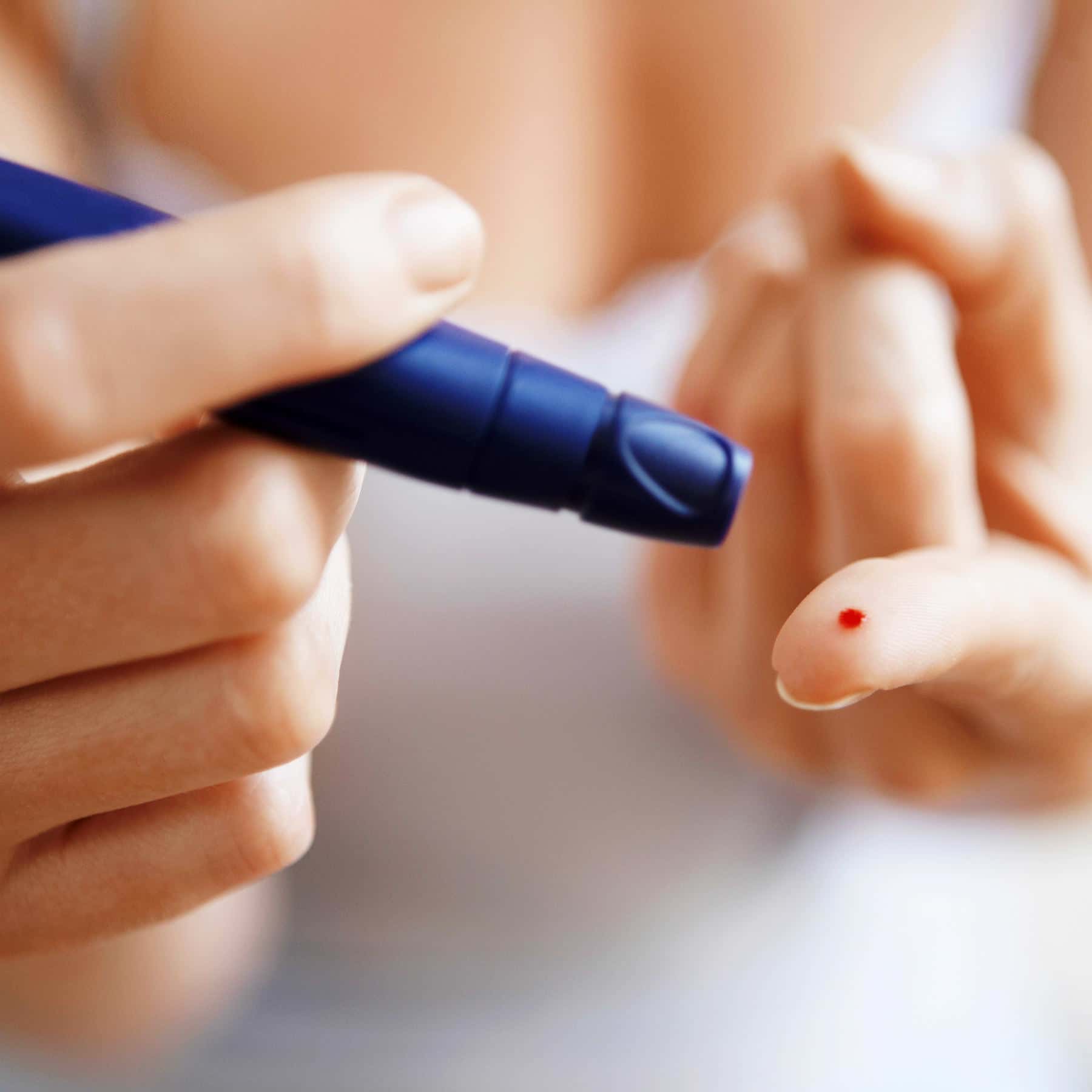
People with very low levels of vitamin D are known to be at higher risk for developing type 2 diabetes. A study demonstrates that vitamin D supplements don’t alter diabetes risk (New England Journal of Medicine, online June 7, 2019).
The D2d Study:
The trial included 2,423 volunteers with prediabetes. Some had fasting blood sugar between 100 and 125 mg/dL. Others had glycated hemoglobin, HbA1C, between 5.7% and 6.4%. This is a marker of blood sugar over a period of several weeks. In addition, certain participants had blood sugar levels two hours after a 75-mg glucose load between 140 to 199 mg/dL. This put them at high diabetes risk, but they did not actually have diabetes. During the two and a half years of the study, the participants took either 4,000 IU of vitamin D3 or a placebo daily.
Did D Supplements Lower Diabetes Risk?
When the investigators counted how many had developed diabetes during the trial, the differences between the groups were not significant. There were 293 in the vitamin D group and 323 in the placebo group. These findings confirm those from previous studies of vitamin D supplementation on the risk of diabetes.
Lifestyle to Lower Your Likelihood of Diabetes:
Increased exercise and changes in diet can reduce the chance of a diabetes diagnosis by more than 50 percent. For someone with prediabetes, that approach seems to hold the greatest promise. You may want to consider measuring your blood sugar to learn how your body reacts to different foods.
Citations
- Pittas AG et al, "Vitamin D supplementation and prevention of type 2 diabetes." New England Journal of Medicine, online June 7, 2019. DOI: 10.1056/NEJMoa1900906

